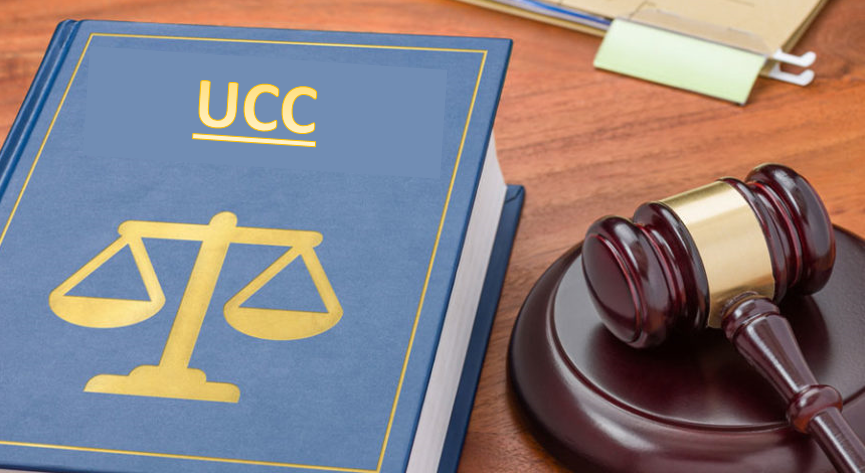Published On: 10 October, 2023
COUTURIER V. HASTIE (1856) V House of Lords Cases (Clark’s) 673; 10 ER 1065
PARTIES INVOLVED:
PETITIONER– Gustavus Couturier
RESPONDENT– Robert Hastie
ABSTRACT
This legal case was heard in the Court of Common Pleas and later in the House of Lords. The case concerned a shipment of corn from Greece to London. The corn would be sold to a buyer under a Free On Board (FOB) contract after the seller engaged an agent who agreed to do so. However, it was later found that the grain had been harmed during the voyage because the ship transporting it had overheated. The ship thus stopped at a port near Tunis and sold the ruined corn to a different party. When the buyer became aware of this, they canceled the agreement.
FACTS OF THE CASE
- This agreement was for the sale of a corn shipment that was in motion. At the time of the deal, both parties thought corn still existed.
- It overheated during the trip to the point that it couldn’t be carried any farther.
- The ship’s captain did what was normal and sold the cargo.
- The claimant argued that because the defendant assumed the risk, the corn should have been paid for.
ISSUE
Is the agreement between the buyer and the seller legal?
DECISION
The contract was ruled to be invalid by the court. It was conducted in the agent’s favor. Even though there was no mention of error specifically, it was assumed that if the contract’s subject matter was nonexistent at the time of creation, then the contract itself was nonexistent as well. It was regarded as void ab intio (void from the beginning).
This is a landmark case for common mistakes.
COMMON MISTAKE
This is a situation in which the parties are completely in agreement, yet both parties are wrong about a crucial aspect of the contract’s subject matter.
TYPES OF COMMON MISTAKE
- RES EXTINCTA
It refers to a factual error regarding the existence of the contract’s subject matter. This kind of error has been made in this case.
- RES SUA
This kind of basic error relates to situations in which two people enter into a contract for the purchase of a particular type of property, but both parties are unaware that the buyer of the property already owns the property.
- MISTAKE AS TO QUALITY
It describes situations where both parties feel the subject matter has a specific characteristic but in actuality, it does not.
REFERENCES
- Mistake in Contract Law. (n.d.). Law Teacher. https://www.lawteacher.net/lectures/contract-law/vitiating-factors/mistake/
- Couturier v Hastie – Case Summary. (2020, August 7). IPSA LOQUITUR. https://ipsaloquitur.com/contract-law/cases/couturier-v-hastie/




